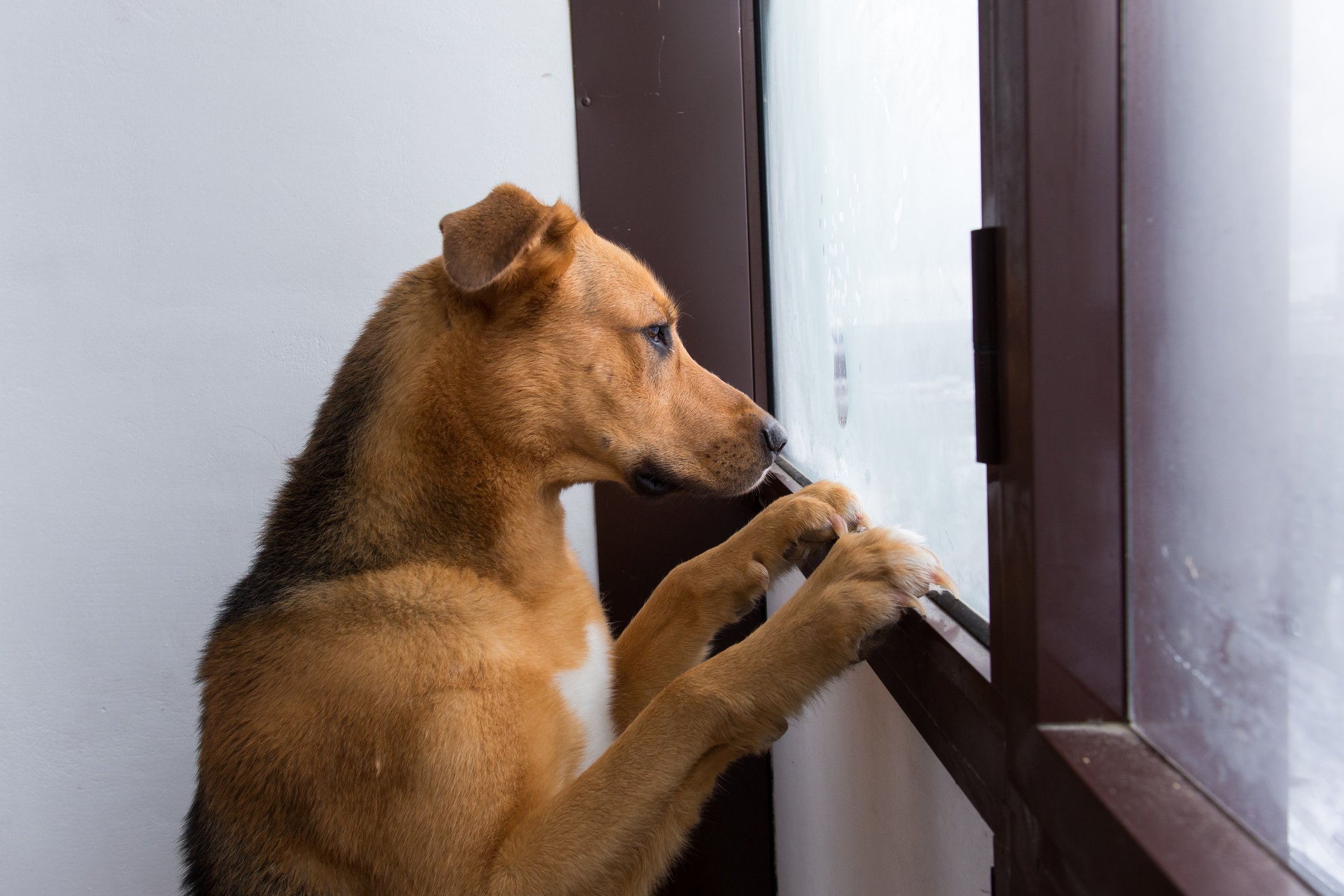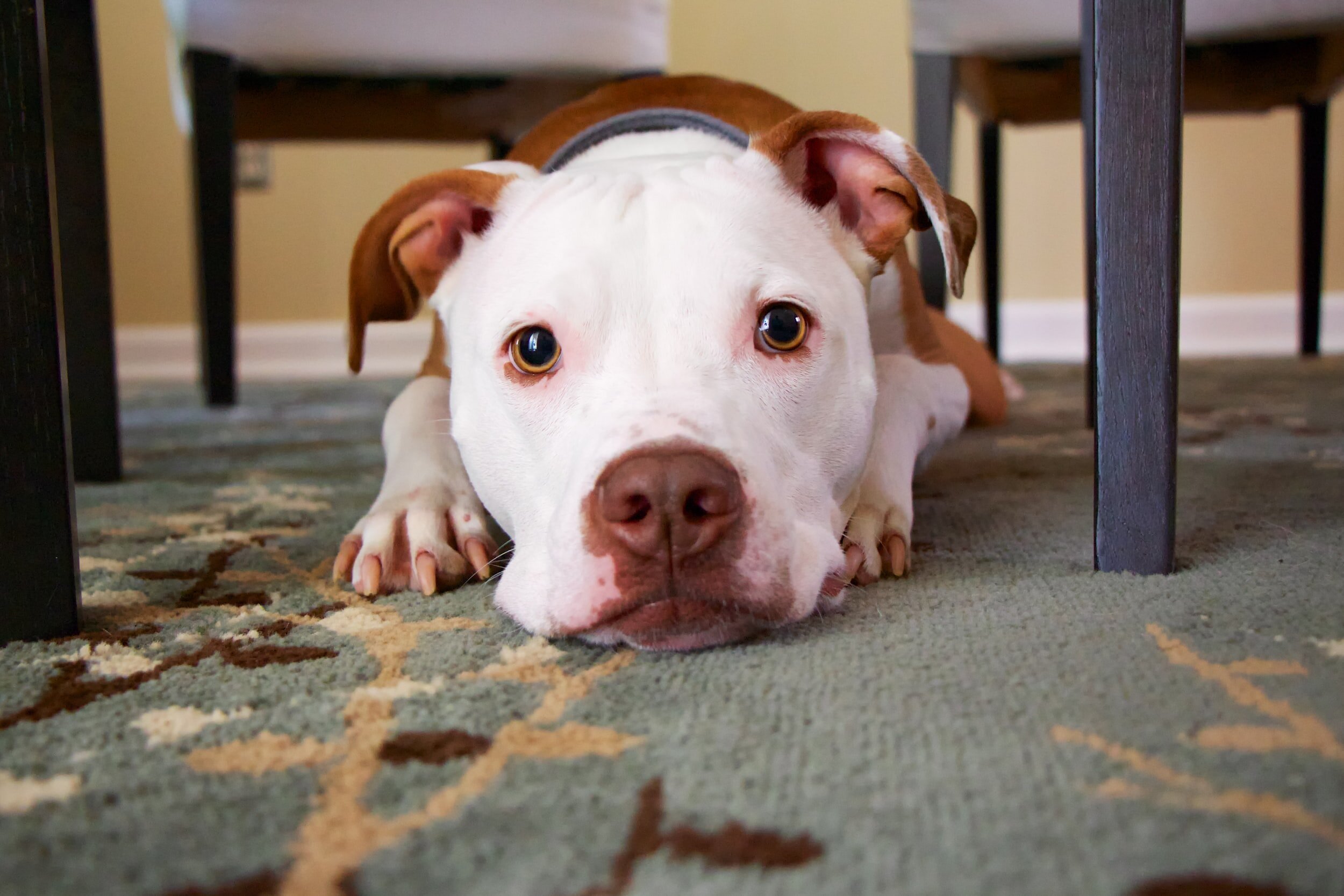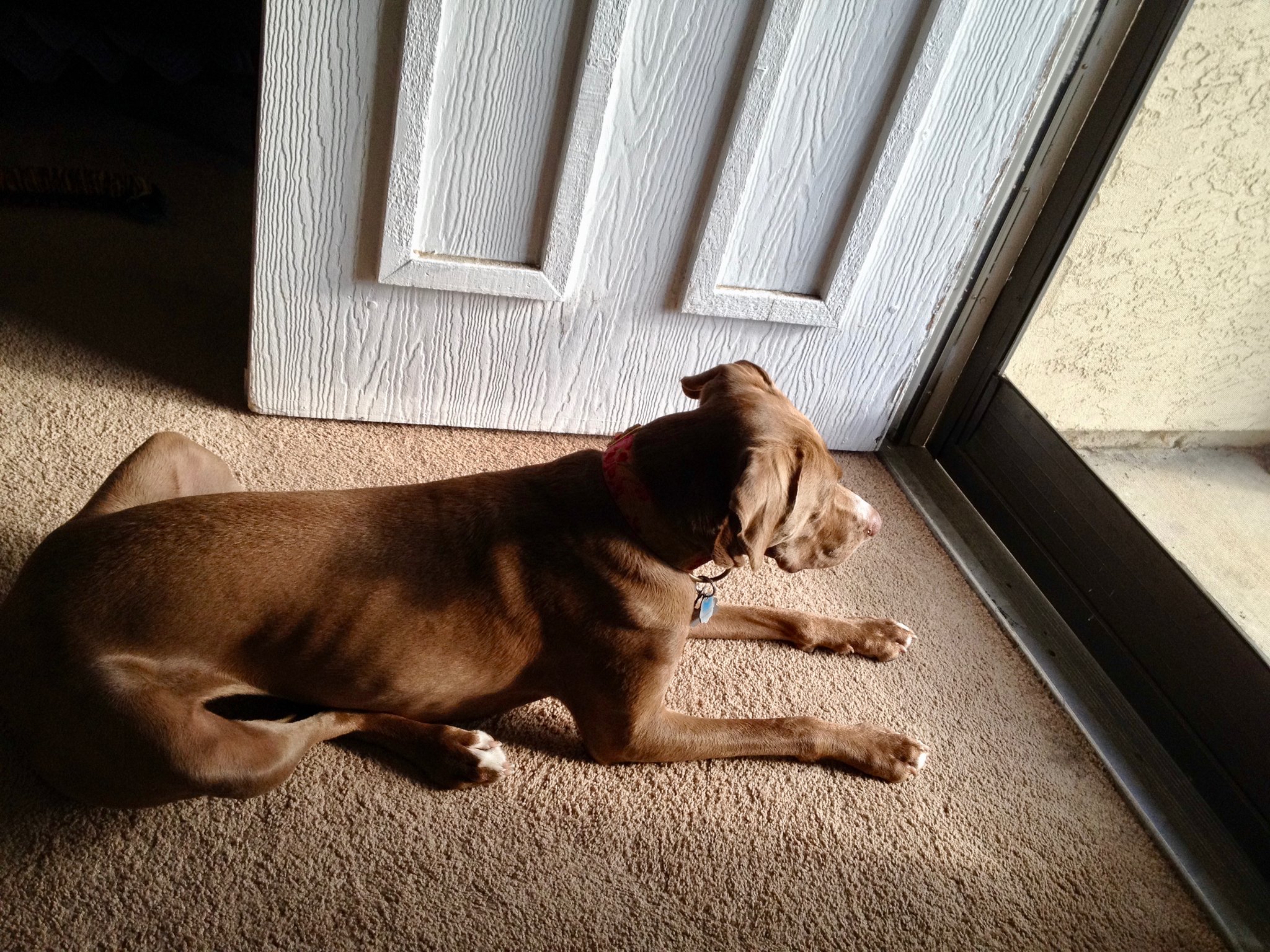
Affinity For Dogs
Blog
Suspending Absences: Separation Anxiety Success from the Start
Separation Anxiety (or separation related behavior challenges) is expected to affect more than 35 million dogs in the US alone. These behaviors and the emotions that come with can be very challenging to modify. However, there are a number of things you can do to help your dog recovery, and one of the most important is to suspend absences during training.
3 Myths About Separation Anxiety In Dogs
Myth 1: Dogs with separation anxiety have been spoiled.
This is not true. Dogs of all breeds and backgrounds can develop separation anxiety. It is not caused by “spoiling” a dog, but rather by a combination of factors, such as genetics, early experiences, and environmental stressors.
The Great Crate Debate
There is a joke among the dog training community that if you put 3 dog trainers into a room the only thing 2 will agree on is that the third one is wrong. The debate about crates is no different.
Regressions In Dog Training - What, Why And What Can You Do
An example of this in separation anxiety training could be suddenly continuously following to the door for a dog who was previously very comfortable with departures, or pacing, whining, barking at 10 minutes alone when the dog previously was able to tolerate much longer durations of comfort.
Overcoming The Stigma Of Behavior Medication
It’s 2022 and while the stigma associated with mental illness in humans has - thankfully - dissipated over the last decade or so there is still a stigma associated with the use of psychiatric medications that are widely available to help those in need with mental illnesses.
4 Steps To Achieving Alone Time Goals With Your Dog
Having a dog with separation anxiety can be daunting. Especially if you’ve tried all of the tips and tricks on the internet without avail, but you’re here now so you’ve probably heard about gradual desensitization and may be about ready to give it a go, congratulations!
Meeting Your Dogs Needs Year Round
It’s cold, wet, windy and days are shorter. This usually means our dogs are getting shorter walks, and less physical and mental exercise overall. As a professional dog trainer I know this can lead to a slew of icky consequences….
Preparing For Post Pandemic Alone Time
I have to believe that our dogs are in somewhat of a state of shock as we try to toss them into the deep end and act as if they should have no feelings about it. It’s been a year of drastic change for them too and our dogs lead rich emotional lives. Let’s give them a bit of grace.
Why I Don't Use Food In Separation Anxiety Dog Training
When talking to potential clients about how I can help their dog through an extremely challenging and disruptive behavior issue like separation anxiety, one the most common questions I am asked, in some form or another, is about the use of food.
Separation Anxiety, Confinement Anxiety Or Incomplete Crate Training?
As a certified separation anxiety trainer there is nothing I like more than telling a dog guardian that their dog DOESN’T have separation anxiety. This is most common when a dog (or puppy) is displaying concerning behaviors when confined to a crate. Let’s break it down a bit:
Prevention And Preparation In A Pandemic
As a Certified Separation Anxiety Trainer I have been spending the better part of my time lately talking to and worrying about my NON separation anxiety clients and their dogs. We are living in unprecedented times.
Separation Anxiety In Dogs - The Basics
Welcome. I’m Melissa - A Certified Separation Anxiety Trainer. I began work with separation anxiety in dogs because of my own dog Rodger. He came to me at 18 weeks with a pretty serious case of it and I was lost.













